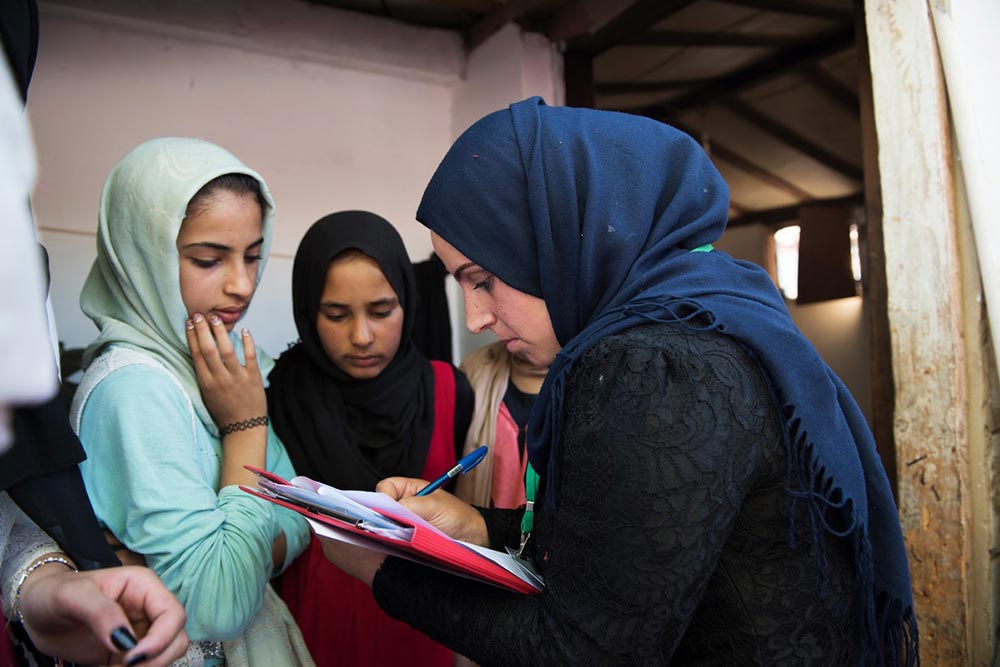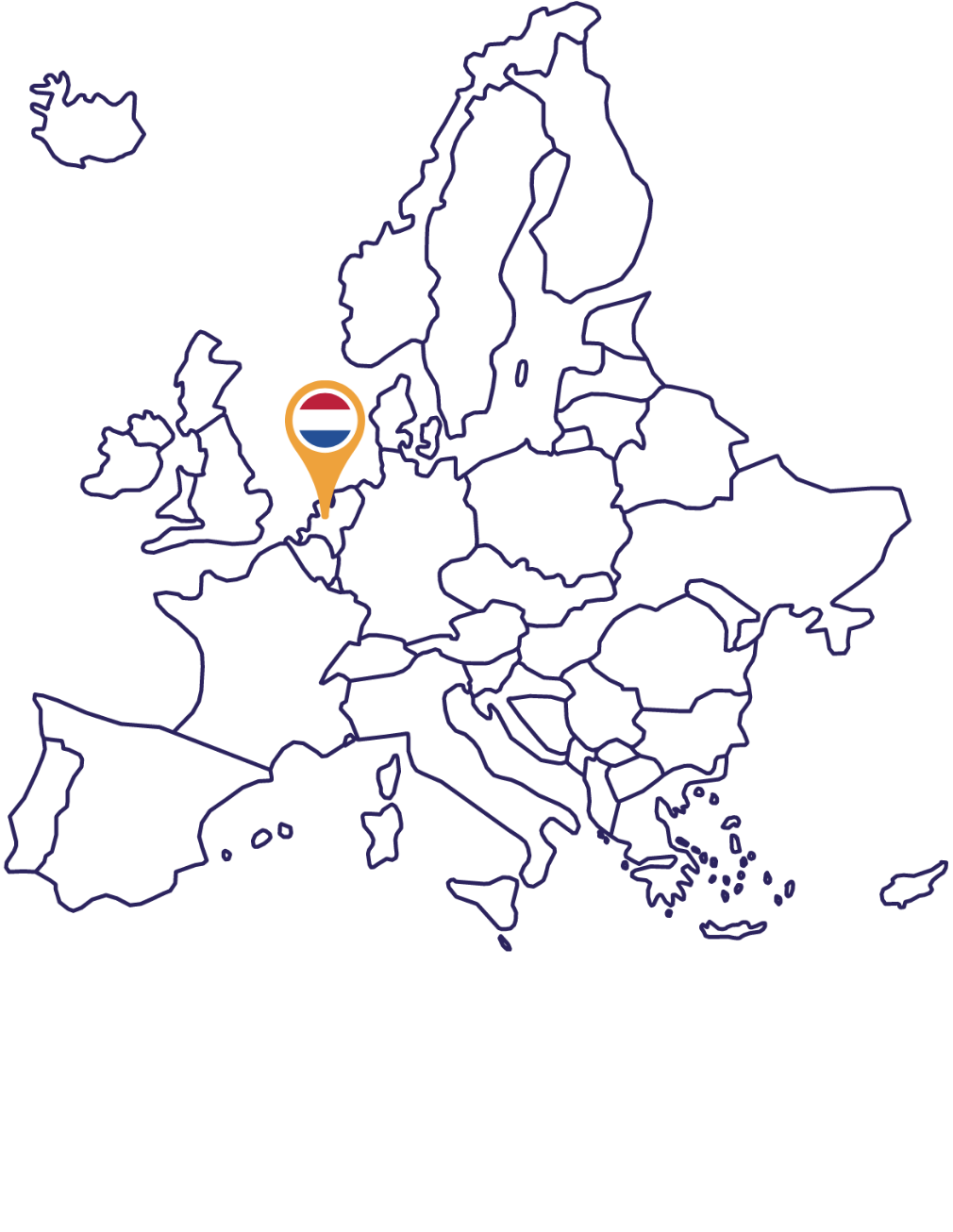Country Profiles
Netherlands
Currently, the Minister of Foreign Affairs is the former Minister of Finance Wopke Hoekstra of the Christian-Democrats; and the Minister for International Trade and Development Cooperation is Liesje Schreinemacher, former MEP for the liberal party (VVD). On June 24, 2022, the Minister for International Trade and Development Cooperation published the policy document, ‘Do what we do best’. In the new policy, gender equality and sexual and reproductive health and rights (SRHR) remain priorities. Furthermore, in May 2022, the Ministry of Foreign Affairs announced a new Feminist Foreign Policy (FFP), which is expected to be published in July 2023. Moreover, the Dutch Global Health Strategy (DGHS) was published in October 2022, in which SRHR is mentioned as a priority and contributions to SRHR are intended to intensify.
Policies & funding
Dutch Overseas Development Assistance (ODA)
Dutch Official Development Assistance (ODA) decreased in the period 2015-2017. The coalition government starting in October 2017 aimed to reverse the decreasing ODA trend and has set the goal to restore the internationally agreed 0.7% ODA percentage by 2030. But ODA decreased in 2021, from 4.70 billion Euros in 2020 to 4.47 billion Euros in 2021. Net ODA in % of the GNI decreased to 0.59% in 2019 and 2020, and further to 0.52% in 2021. This trend was however reversed and net ODA in % of the GNI has gone up to 0.64% for 2022, and expected to 0.62% in 2023 and 2024 (HGIS nota 2023).
This increase in ODA was announced in the coalition agreement presented in December 2021 and amounted to an additional 300 million Euros in 2022, 2023 and 2024, and is projected to rise to a structural 500 million Euros from 2025 onwards. This increase however will be largely spent on the first-year shelter of refugees in the Netherlands, with costs estimated at 220 million annually. Other sectors mentioned are COVAX, climate mitigation and adaptation, and shelter for refugees in the region.
Funding for Sexual and Reproductive Health and Rights
Total official expenditure by the Dutch government for SRHR and HIV/AIDS amounted to 432 million Euros in 2017, to 445 million Euros in 2018, 437 million in 2019, 423 million in 2020 and 533 million in 2021. The budget for 2022 is set at 579 million Euros. However, these increases in the budget are due to contributions to COVID. These contributions are included under the heading of social development of the budget proposal, the same heading as for SRHR. Therefore, as the budget for social development increases, this does not automatically entail an increase for SRHR.
The Netherlands, within the framework of Family Planning 2030, committed to enable access to contraceptives for 3.5 million women and girls in 2022. In the budget report released in September 2022, the heading ‘Sexual and reproductive rights and HIV’ has been changed into ‘Global health and SRHR’. The respective indicator on contraceptive prevalence rate (CPR) has been changed to ‘number of 20 selected countries with an annual increase of modern CPR’. No target has been set for 2023, nor a target for the period 2021-2025. In a footnote, the report says that the explanation and the selection of the 20 countries will be explained in the next annual report of International Trade and development Cooperation.
Looking at the portal with the results of Dutch development aid, the Dutch contribution supported 3.4 million women and girls with access to contraceptives in 2021 (this is a different methodology than the one used in the annual report, based on Guttmacher’s Family Planning Investment Impact Calculator).
In 2016, the Dutch government started implementing Strategic Partnership Agreements, coordinated by 7 alliances of NGOs, and 5 INGOs for the period of 2016-2020, for a total amount of 215 million Euros. For the period 2020-2025 the Minister launched a new subsidy framework, including the SRHR Partnership fund for a total of 315 million Euros.
Internationally vocal
The Netherlands is a strong supporter of SRHR, as shown in their statements at the annual Commission on Population and Development, Human Rights Council, World Health Assembly and High-Level Political Forum. In 2021, during the Generation Equality Forum, the Netherlands led the action coalition of Feminist movements and leadership, gave progressive statements and pledged 510 million Euros for the upcoming 5 years for women’s rights and feminist organizations and movements as part of the SDG5-Fund. Additionally, the Netherlands also supported the action coalition on bodily autonomy and SRGR where the country committed to realizing universal access to SRHR, quality services, information and education. The Netherlands is also involved in SheDecides and supported the movement at multiple occasions in international fora. Additionally, the country is vocal at the EU level and is part of the specific Team Europe Initiative on SRHR in Sub-Saharan Africa.



